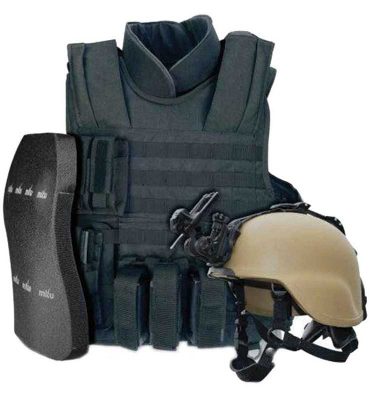
New Delhi: In a move to counter China in the trade sector, India is exploring the sale of various military platforms in South America. Venezuela is by far the largest buyer of Chinese defence hardware and others being Ecuador and Bolivia.
China’s political, economic, commercial relations with South America have grown exponentially in the first two decades of the present century. And “coupled with this another development which has been less noticed outside the continent is the defence tie China has built up by offering crude oil and mineral linked soft credits including to purchase its defence equipment and platforms,” says a former Indian envoy to the region.
“Post COVID-19, there are opportunities to export defence equipment in the South American region. Several private players and DPSUs are showing interest in the region,” said Indian diplomats in the missions of South America.
The region has been plagued by narco-terrorism. The drug cartels have been very active in the region right from Mexico down to Peru. And this fight against transnational organised crime and drug trafficking has increased the region’s requirement for modern protection equipment for their security forces.
“This makes it a potential market for military stores. Many of the countries and the police/ military forces of the region are engaged in the modernisation of its forces which will give Indian companies the opportunity to exploit that market,” a top diplomat said.
On the list of systems that are likely to be exported include artillery systems, protected vehicles, electronic warfare, naval combat management system, military communications C4I solutions, small arms, night vision devices, and other related military equipment.
“Later this year an Indian Naval Delegation is expected to travel to Chile to attend the EXPONAVAL 2020 from December 1-4 at a naval base in that country. An invitation has been extended by the Commander of the Chilean Navy to Indian Navy Chief Admiral Karambir Singh and also for one of the Indian warships to attend an event at Valpariaso during their expo,” sources said, adding that an invitation has been extended to M/s BrahMos to participate in the event.
As per the laws for supply of any industrial or defence equipment in Chile, companies all over the world are required to register themselves with the Chilean Armed Forces and the Joint Staff.
So far several Indian companies with the help of the Indian Mission in Santiago have registered themselves with Chilean Armed Forces.
The focus markets will be Brazil, Argentina, Chile, Ecuador, Colombia, Bolivia, Mexico, El Salvador, Guatemala, Peru, Honduras and other countries in the region which are looking for body armour, plates, aircraft protection, naval protection, for homeland security—bulletproof jackets, helmets, night vision devices, general munitions.

Kanpur-based MKU, now an MSME in defence in the UP Defence Industrial Corridor, has been perhaps the only one from India working in the region for a number of years now. The company has been regularly supplying body armour for security forces of several of the Latin American countries.
Besides Chile, countries like Brazil too had discussions with the BrahMos officials about the possibility of buying the missiles from India.
Ravi Bangar, former Ambassador of India to Colombia and Ecuador, said, “Venezuela once a strong US ally in Latin America has faced sanctions since the times of Chavez. These have been further tightened during the Trump regime seeking nothing short of a regime change in this oil-rich nation.
The sanctions regime has also prohibited the commercial sale and resupplies of arms to Venezuela since 2006. This degraded the Venezuelan forces’ preparedness to defend against possible US attacks, maintain law and order and combat organised crime. It alarmed and prompted Venezuela to look elsewhere for its defence requirements. The gap was promptly bridged by Russia and China.”








